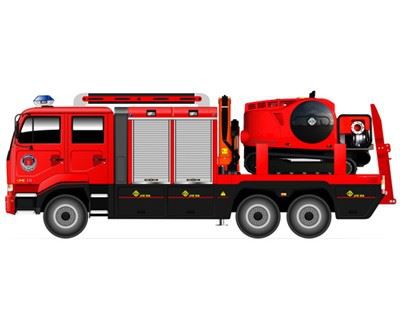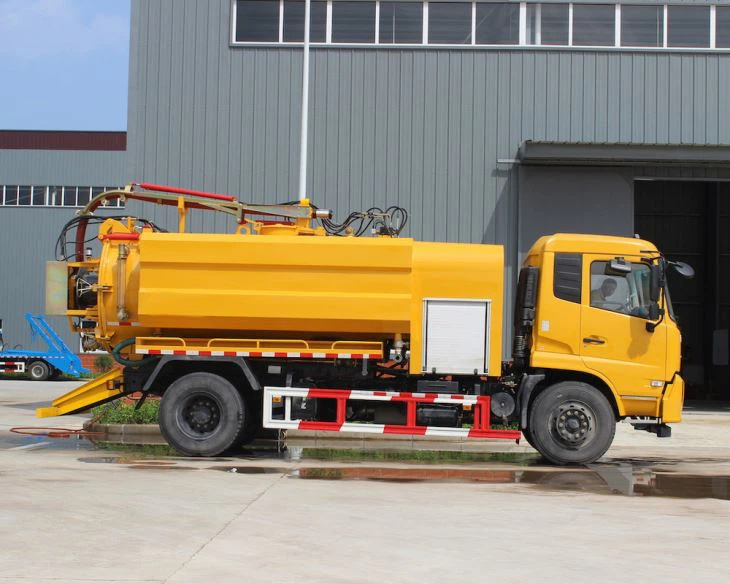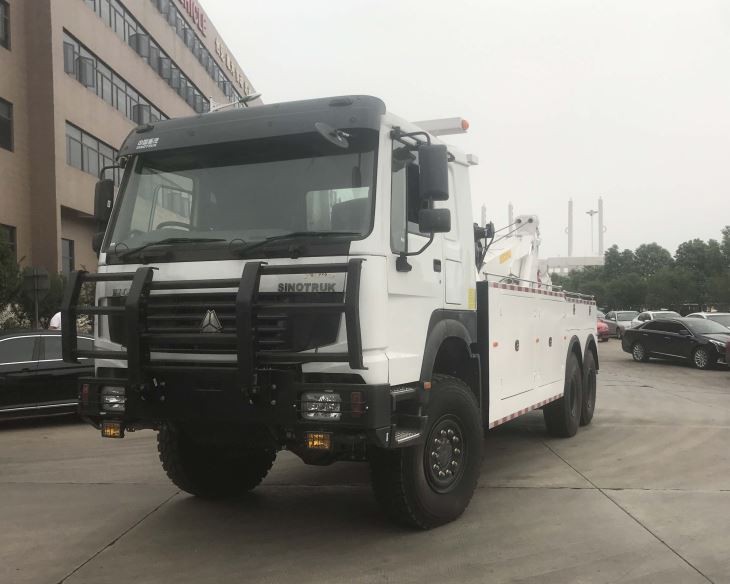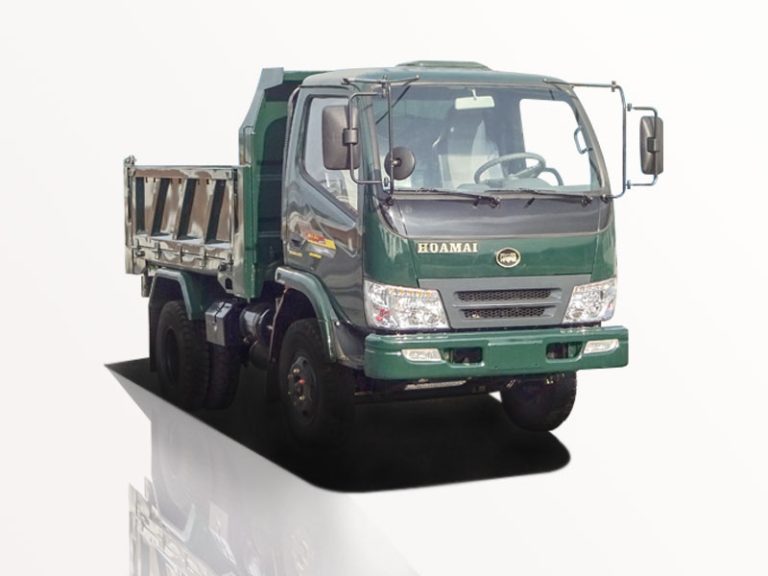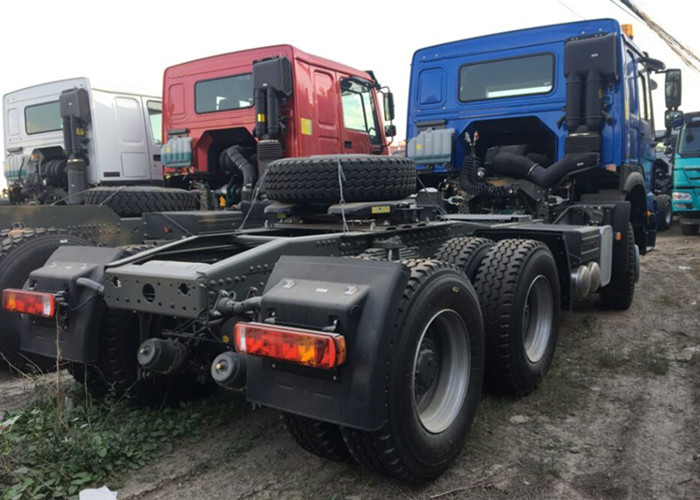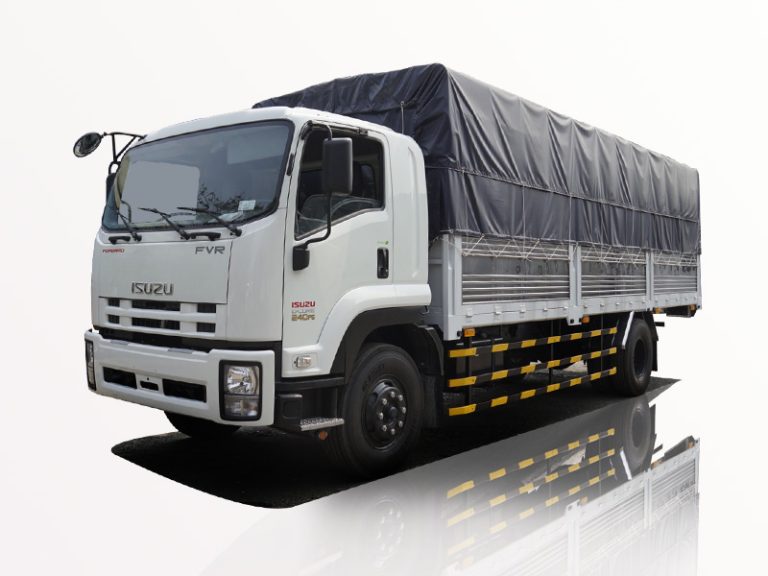In today’s ever-evolving transportation industry, mini tankers have emerged as essential vehicles for transporting liquids safely and efficiently. These versatile vehicles can cater to various industries, including agriculture, construction, fuel distribution, and more. If you are in the market for a mini tanker, this comprehensive article will guide you through the ins and outs of purchasing, owning, and maintaining one.
What is a Mini Tanker?
A mini tanker is a smaller version of traditional tankers, designed for transporting various liquids such as water, gasoline, chemicals, and food products. Typically, mini tankers have a capacity ranging from 500 to 3,500 gallons, making them perfect for businesses that require loading and unloading in tight spaces.
Types of Mini Tankers
Mini tankers come in various configurations based on their intended use. Here are some common types:
- Water Mini Tankers: Mainly used for transporting water for agricultural or residential purposes.
- Fuel Mini Tankers: Designed specifically for carrying diesel, gasoline, or other fuels.
- Chemical Mini Tankers: Used for moving various chemicals safely.
- Food And Beverage Mini Tankers: Designed to transport liquid food products, such as milk and juices.
Why Consider a Mini Tanker?
Choosing a mini tanker offers several advantages:
- Cost-Effective: Mini tankers are usually less expensive to purchase and maintain than larger tankers.
- Versatility: They can transport various liquids, making them suitable for different industries.
- Easy Maneuverability: Smaller size facilitates easier navigation through urban areas and tight spaces.
- Less Fuel Consumption: Mini tankers consume less fuel due to their size, making them economical in the long run.
How to Choose the Right Mini Tanker
Assess Your Needs
Before purchasing a mini tanker, it’s crucial to assess your specific needs. Consider the following:
- Type of Liquid: What type of liquid will you be transporting? Ensure the tanker suits your business needs.
- Capacity: Choose a capacity that fits your transportation demands without being too large or small.
- Operating Environment: Think about where you will be driving the tanker. Urban, rural, or off-road conditions can affect your choice.
New vs. Used Mini Tankers
When looking for a mini tanker for sale, you will generally have two choices: new or used. Each option has its pros and cons.
| Option | Pros | Cons |
|---|---|---|
| New | Latest technology, warranty, customized features | Higher cost, potential depreciation |
| Used | Lower cost, less depreciation | Potential wear and tear, limited warranty |
Regulatory Compliance
Ensure that any mini tanker you consider complies with local and national regulations for transporting liquid cargo. This includes:
- Health and safety standards
- Environmental regulations
- Licensing requirements
Where to Find Mini Tankers for Sale
Online Marketplaces
There are various online platforms where you can find mini tankers for sale, including:
- eBay: A wide variety of new and used tankers.
- Commercial Truck Trader: Dedicated to commercial vehicles including mini tankers.
- Facebook Marketplace: Local sellers listing tankers for sale.
Dealerships
Consider visiting local dealerships that specialize in commercial vehicles. They often have a selection of new and used mini tankers available for immediate sale.
Auction Houses
Sometimes auction houses offer mini tankers as part of their inventory. This can be a great way to purchase at a lower price, albeit at the risk of limited options.
Costs Involved in Purchasing a Mini Tanker
Purchase Price
The purchase price of a mini tanker can vary based on several factors:
- Type and Capacity: Larger and more specialized mini tankers are typically more expensive.
- Condition: New tankers cost significantly more than used ones.
- Brand: Renowned brands may come at a premium.
Additional Costs
In addition to the purchase price, be prepared for other costs:
- Insurance: Protecting your investment is crucial.
- Maintenance: Regular servicing is necessary to keep the tanker in good condition.
- Fuel: Factor in the cost of operating the tanker as well.
Financing Options for Mini Tankers
Loan Options
If you’re not able to pay for a mini tanker outright, several financing options exist:
- Bank Loans: Traditional bank financing can provide necessary funds for your purchase.
- Dealership Financing: Many dealerships offer financing plans directly through them.
- Leasing: Leasing allows you to use the mini tanker without full ownership.
Grants and Subsidies
Check if there are government grants or subsidies available for businesses in your sector to help fund the purchase of a mini tanker.
Tips for Maintaining Your Mini Tanker
Regular Inspections
To keep your mini tanker in optimal condition, conduct regular inspections. Look for signs of wear and tear, and ensure that safety equipment is always in working order.
Service Schedule
Establish a service schedule based on manufacturer recommendations. Regular maintenance will prolong the life of your tanker.
Proper Cleaning Protocol
Clean your mini tanker regularly to prevent contamination, especially if used for food or chemicals. Develop a standard cleaning procedure for your operators.
Common Uses for Mini Tankers
Agricultural Applications
Mini tankers are widely used in agriculture to transport water and fertilizers, providing crops with necessary nutrients and hydration.
Construction Industry
These vehicles transport water for dust control on job sites or for other temporary uses.
Local Fuel Delivery
Mini tankers are ideal for local fuel delivery services, especially in areas that require quick turnaround and service compatibility.
Municipal Use
Municipalities often use mini tankers for supplying water in emergencies or for community events.
Frequently Asked Questions (FAQ)
1. What is the average cost of a mini tanker?
The average cost of a mini tanker can vary widely based on type, capacity, and condition but typically ranges from $15,000 to $80,000.
2. Can I finance a mini tanker?
Yes, there are various financing options available, including bank loans, dealership financing, and leasing options.
3. How do I ensure the tanker complies with regulations?
Consult local and national regulations and ensure that the tanker has the necessary certifications to transport specific liquids.
4. What maintenance does a mini tanker require?
Regular inspections, servicing, and cleaning procedures are essential to maintain the mini tanker in good working order.
5. Are mini tankers suitable for transporting food products?
Yes, specialized mini tankers are designed for transporting food products, ensuring health standards are met.
6. How do environmental regulations affect mini tanker operations?
Environmental regulations can dictate how and what liquids can be transported, requiring proper documentation and safety features to minimize spills and leaks.
